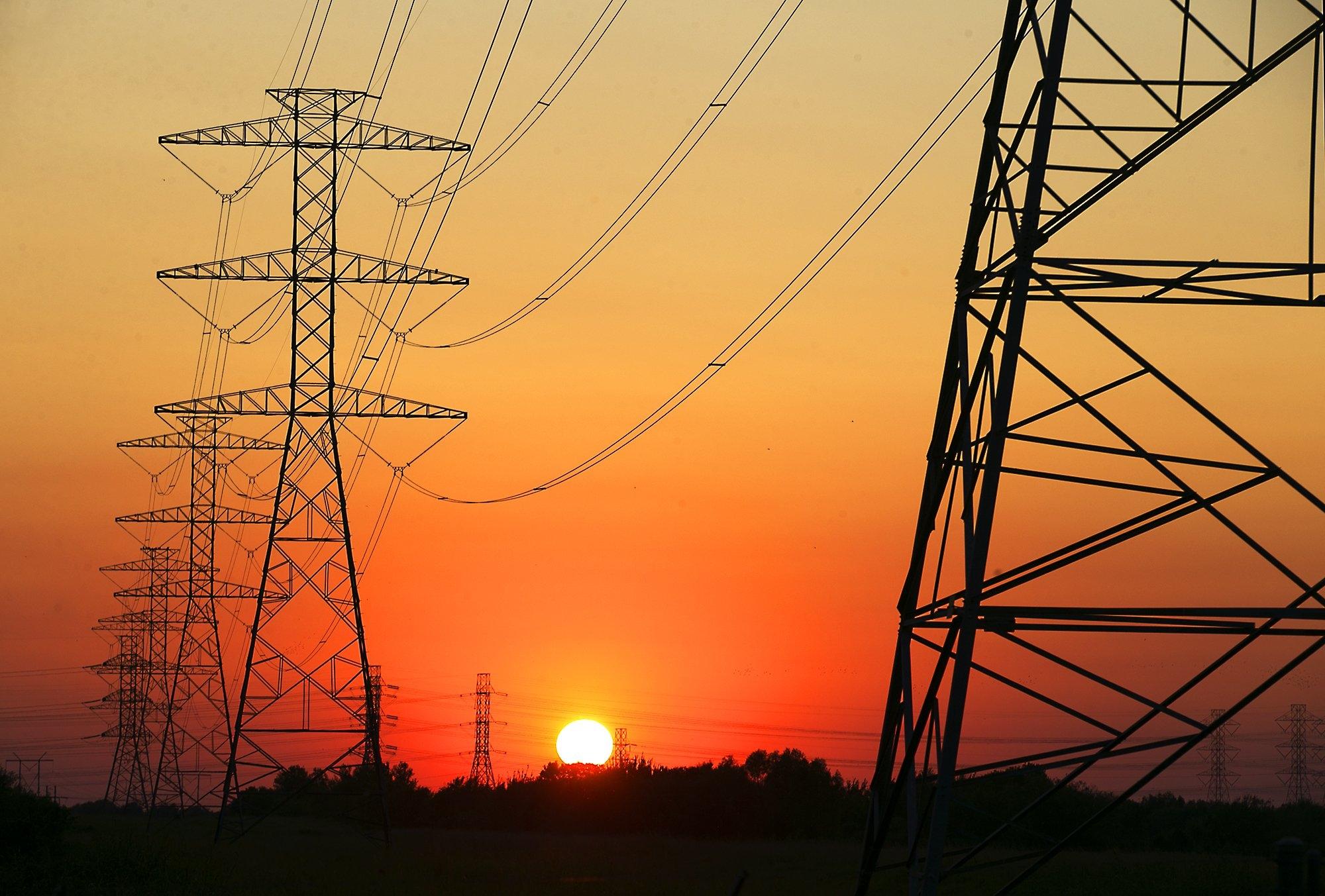A currency dispute between an independent power producer and power utility Zesa shows how regulatory hurdles continue to dim prospects for private energy investment in Zimbabwe.
Zesa is awaiting the outcome of international arbitration in a currency dispute with one of the country’s first private power producers, a case that’s holding up other investments.
Nyangani Renewable Energy, which operates solar and hydropower plants in Zimbabwe and Malawi, took the Zimbabwe Electricity Transmission Distribution Company (ZETDC) to the Johannesburg branch of the International Chamber of Commerce to rule on the disagreement over a currency conversion agreement.
“We eagerly await the outcome of the arbitration,” Ian McKersie, the managing director of Harare-based Nyangani said. “If it is favourable, it will allow us to resume the very conducive working relationships we have.”
The dispute was heard on June 14. Nyangani says it is owed US$8.6 million for power delivered from its 15MW Pungwe B run-of-river hydropower plant. It wants to be paid in US dollars but ZETDC, a unit of Zesa, is seeking to pay in Zimbabwe dollars.
Zesa declined to comment.
Nyangani’s 10MW Riverside Solar power station was the first independent producer to feed into Zesa when the first 2.5MW came on stream in January 2018.
The company plans to expand, but “the rollout of the next phase has been stalled for three years pending a resolution of the IPP currency of payment issue”, the company said in July.
The company also said last month that “despite exceptional initial progress, construction on the Tsanga A and C Hydros has been hampered and halted due to IPP currency payment issues”.
Nyangani has built eight power plants in Zimbabwe since 2009 with a total generation capacity of 32MW.
Zimbabweans are subjected to regular power cuts because of the inability of Zesa to meet demand, and the state-owned company is struggling to pay for privately produced power because of a shortage of foreign currency.
Other projects are stalled as producers await the outcome of the case.
Private electricity has the potential to transform the industry in Zimbabwe, and help repair an economy that’s yet to recover from a collapse two decades ago.
While independent power producers supply only 135MW to the grid, licenses for facilities with a combined capacity of 6 858MW have been issued, according to a parliamentary report.
That is more than enough to meet demand for electricity, but many of the projects have not taken off.
In May last year, Zimbabwe tendered for 500MW of solar power, hoping to attract private investment into renewables.
Private companies, such as leading mining companies, are advancing rapidly in setting up solar plants for their own consumption.
But growth in investment by independent producers remains slow.
This is largely due to uncertainty around the currency, power offtake agreements with Zesa and scarcity of foreign credit for large scale power projects. –Bloomberg/newZwire

 Slider3 years ago
Slider3 years ago
 National4 years ago
National4 years ago
 Tourism and Environment4 years ago
Tourism and Environment4 years ago
 Special reports4 years ago
Special reports4 years ago
 Opinion4 years ago
Opinion4 years ago
 National4 years ago
National4 years ago
 National3 years ago
National3 years ago
 National3 years ago
National3 years ago



